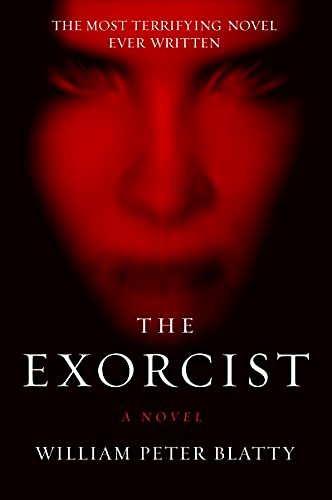"You mean, a new one?"
"Why not? You know. I drove one in a picture once. If we write to the factory, maybe, and remind them, it could be they'd give us a deal. Don't you think?"
He didn't. And cautioned that he thought a new car was improvident.
"Ben, I made eight hundred thou last year and you're saying I can't get a freaking car! Don't you think that's ridiculous? Where did it go?"
He reminder her that most of her money was in shelters. Then he listed the various drains on her gross; federal income tax; projected federal income tax; her state tax, tax on her real estate holdings; ten percent commission to her agent; five to him; five to her publicist; one and a quarter taken out as donation to the Motion Picture Welfare Fund; an outlay for wardrobe in tune with the fasbion; salaries to Willie and Karl and Sharon and the caretaker of the Los Angeles home; various travel costs; and, finally, her monthly expenses.
"Will you do another picture this year?' he asked her.
She shrugged. "I don't know. Do I have to?"
"Yes, l think you'd better."
She cupped her face in both her hands and eyed him moodily. "What about a Honda?" He made no reply.
Later that evening, Chris tried to put all of her worries aside; tried to keep herself busy with making preparations for the next night's party.
"Let's serve the curry buffet instead of sit-down," she told Willie and Karl. "We can set up a table at the end of the living room. Right?"
"Very good, madam," Karl answered quickly.
"So what do you think, Willie? A fresh fruit salad for dessert?" "Yes, excellent!" said Karl.
"Thanks, Willie."
She'd invited an interesting mixture. In addition to Burke ("Show up sober, dammit!") and the youngish director of the second unit, she expected a senator (and wife); an Apollo astronaut (and wife); two Jesuits from Georgetown; her next-door neighbors; and Mary Jo Perrin and Ellen Cleary.
Mary Jo Perrin was a plump and gray-headed Washington seeress whom Chris had met at the White House dinner and liked immensely. She'd expected to find her austere and forbidding, but "You're not like that at all!" she'd been able to tell her. Bubbly-warm and unpretentious.
Ellen Cleary was a middle-aged State Department secretary who'd worked in the U.S. Embassy in Moscow when Chris toured Russia. She had gone to considerable effort and trouble to rescue
Chris from a number of difficulties and encumbrances encountered in the course of her travels, not the least of which had been caused by the redheaded actress' outspokenness. Chris had remembered her with affection over the years, and had looked her up on coming to Washington.
"Hey, Shar," she asked, "which priests are coming?"
"I'm not sure yet. I invited the president and the dean of the college, but I think that the president's sending an alternate. His secretary called me late this morning and said that he might have to go out of town."
"Who's he sending?" Chris asked with guarded interest.
"Let me see." Sharon rummaged through scraps of notes. "Yes, here it is, Chris. His assistantFather Joseph Dyer."
"You mean from the campus?"
"Well, I'm not sure."
"Oh, okay"
She seemed disappointed.
"Keep an eye on Burke tomorrow night," She instructed.
"I will."
"Where's Rags?"
"Downstairs."
"You know, maybe you should start to keep your typewriter there; don't you think? I mean, that way you can watch her when you're typing. Okay? I don't like her being alone so much."
"Good idea."
"Okay, later. Go home. Meditate. Play with horses."
The planning and preparations at an end, Chris again found herself turning worried thoughts toward Regan. She tried to watch television. Could not concentrate. Felt uneasy. There was a strangeness in the house. Like settling stillness. Weighted dust.
By midnight, all in the house were asleep.
There were no disturbances. That night.
CHAPTER FOUR
She greeted her guests in a lime-green hostess costume with long, belled sleeves and pants. Her shoes were comfortable. They reflected her hope far the evening.
The first to arrive was Mary Jo Perrin, who came with Robert, her teen-age son. The last was pink-faced Father Dyer. He was young and diminutive, with fey eyes behind steel-rimmed spectacles. At the door, he apologized for his lateness. "Couldn't find the right necktie," he told Chris expressionlessly. For a moment, she stared at him blankly, then burst into laughter. Her day-long depression began to lift.
The drinks did their work. By a quarter to ten, they were scattered about the living room eating their dinners in vibrant knots of conversation.

























